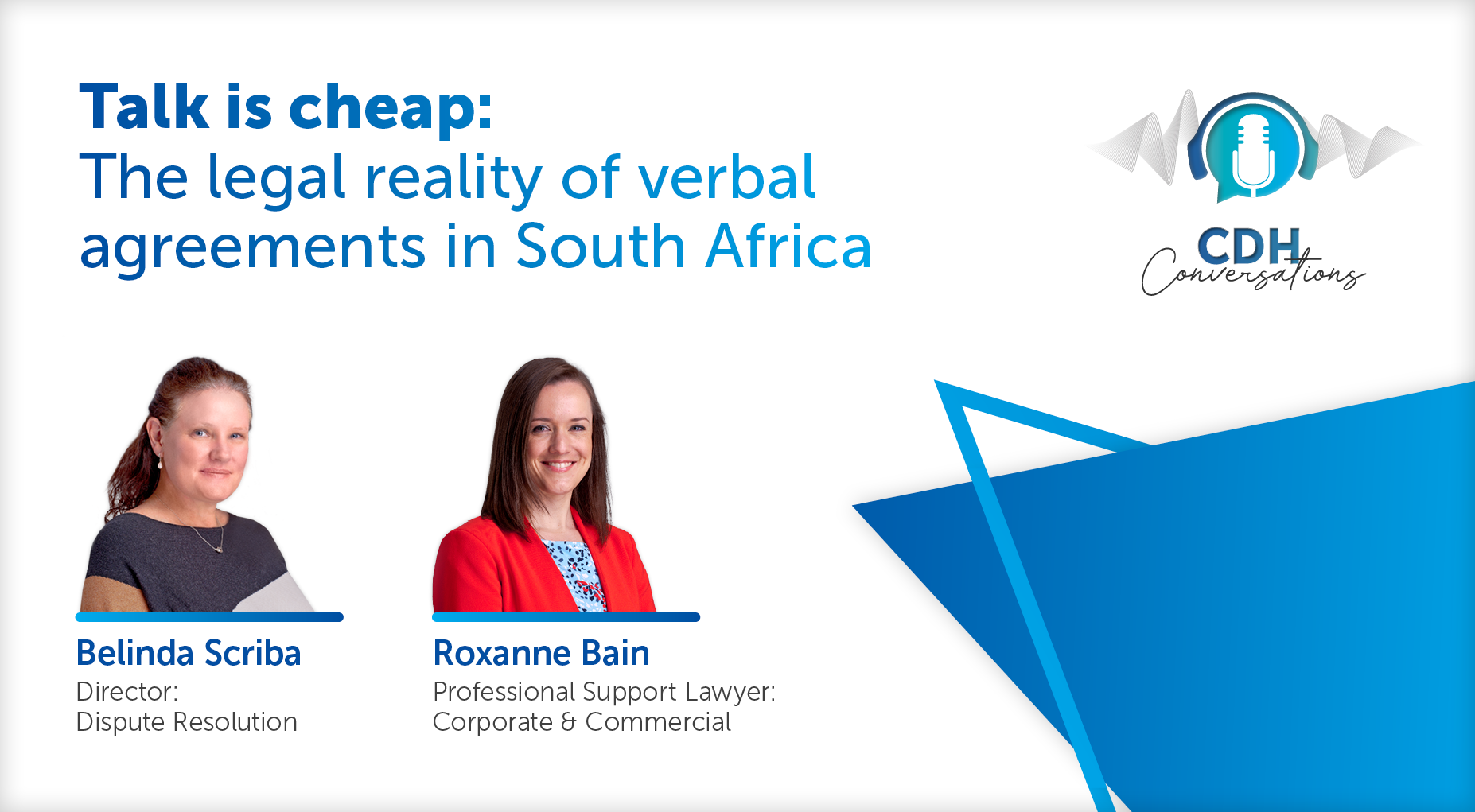Surrogacy - too much to bear?
Surrogacy is not a concept or practice foreign to South Africa. The Children’s Act of 2005 prescribes that all surrogacy arrangements are to be governed by a “surrogacy motherhood agreement” (SMA), the validity of which must be confirmed by a court. A recent decision handed down by the Johannesburg High Court highlighted a few requirements for such confirmation. The judgment arguably opens the door to social, political and or geographical discrimination.
Section 295 of the Act details the requirements applicants need to satisfy before a court can confirm a SMA. For example, a surrogate mother is not allowed to use surrogacy as a source of income, she must have a documented history of at least one pregnancy and viable delivery, and she must in all respects be a suitable person to act as a surrogate.
Reasonable requirements, one may argue. But, with most legal issues, interpretation is key.
What of the word “suitable”? This is not a legal construct - it is a subjective determination of appropriateness. Very importantly, this “appropriateness” is a requirement to act as a surrogate. But what does “suitable” mean? Are social factors relevant? Does a surrogate have to be educated to a certain level to be regarded as suitable? Or does she need to belong to a certain class of citizen? Does income potential have any bearing on this determination?
What is clear is that the “suitable” requirement does not relate to any physical attributes - this is made clear in s295 of the Act.
So where does a potential surrogate stand in this regard?
In Ex Parte KAF and Others (14341/17) [2017] ZAGPJHC 227 (10 August 2017) the court, when asked to confirm the SMA, scrutinised the potential surrogate mother. The court highlighted the fact that she had “dropped out of school” in grade 10, that she did not have a job other than raising her two toddlers and that the court was not satisfied that she had the “maturity to appreciate the implications of her decisions”. In addition, it appeared that she faced R14,000 in arrear municipality charges on her primary residence.
The potential surrogate was in a committed relationship with the father of her two children and had been for seven years. She was a full-time mother to her two children. A qualified psychologist attested to her suitability as a surrogate. This notwithstanding, the court dismissed the application.
In South Africa, it is a common occurrence for children to leave school after completing grade 9. We are facing an unemployment rate which is alarmingly high. Most of the population is facing some form of debt. But should these factors influence “suitability” to be a surrogate?
A secondary education or a 9 to 5 job surely should not determine “suitability” of a surrogate.
The ambiguity of the wording of the Act has exposed potential surrogates to uncertainty as to whether they will “make the cut” in a court’s eyes. Perhaps our courts need to reconsider the interpretation of the Act to ensure that no potential discrimination comes to the fore. As things stand, this new standard of suitability may be too much to bear, all to the detriment of many deserving couples, unable to bear their own children.
The information and material published on this website is provided for general purposes only and does not constitute legal advice. We make every effort to ensure that the content is updated regularly and to offer the most current and accurate information. Please consult one of our lawyers on any specific legal problem or matter. We accept no responsibility for any loss or damage, whether direct or consequential, which may arise from reliance on the information contained in these pages. Please refer to our full terms and conditions. Copyright © 2026 Cliffe Dekker Hofmeyr. All rights reserved. For permission to reproduce an article or publication, please contact us cliffedekkerhofmeyr@cdhlegal.com.
Subscribe
We support our clients’ strategic and operational needs by offering innovative, integrated and high quality thought leadership. To stay up to date on the latest legal developments that may potentially impact your business, subscribe to our alerts, seminar and webinar invitations.
Subscribe




